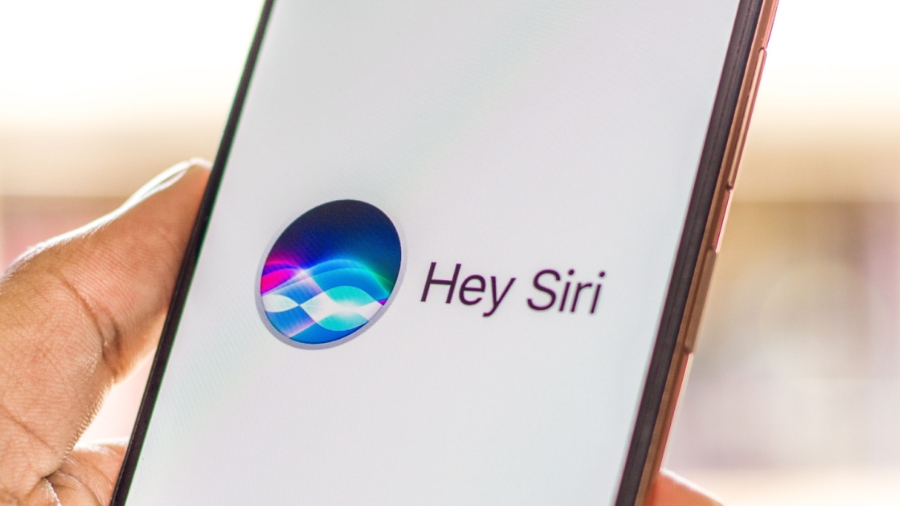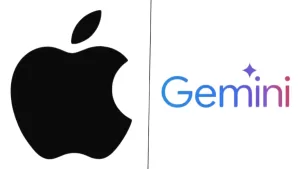Apple Eyes ChatGPT-Like Search: A Look at Apple’s AI Strategy Beyond Siri

Apple has been famous for always having its tempo and, often, not rushing to adopt a technology into its products until it deemed it mature. However, with ChatGPT, Google’s Gemini, and Microsoft-backed AI solutions in the limelight, one thing is for sure: the company seems to be fast-tracking generative artificial intelligence work. This, among other things, would entail the build-out of AI-powered search mechanisms under the codename Ajax, as well as another recent report of a team called “Answers” that seemed to be directly involved in creating a ChatGPT-like experience.
Apple Intelligence, as a generative AI feature, was announced at WWDC 2024 and will see release alongside iOS 18. The integration of ChatGPT into iOS 18 through the partnership with OpenAI serves to complement Apple’s wider AI search capabilities in enhancing Siri and Writing Tools.
The Future Beyond Siri
Apple’s AI approach has changed from its previous heavily Siri-centric approach, the voice assistant, once totally groundbreaking, but is revolting today. Siri has been criticised for its limited capabilities, especially when compared to tools like ChatGPT that can handle complex conversations and generate contextual responses.
Apple has acknowledged this gap. Rather than simply updating Siri, it is developing a more capable system based on its own large language model, internally referred to as Apple GPT. This initiative has been provided for by Giannandrea. An instrumentation identifying Giannandrea as the head of AI and machine learning at Apple points to the company’s ambition of forging a foundational AI platform.
Apple Intelligence in iOS 18 AI features ushers in a new chapter in the company’s voice assistant regime.
Catching Up with Competitors
OpenAI’s ChatGPT quickly reached over 100 million users. Google’s Gemini is now integrated into Gmail and Docs. Microsoft’s Copilot is embedded in Windows and Office applications. Apple had not released a standalone chatbot, but it has now introduced Apple Intelligence, a set of generative AI tools for iPhones, iPads, and Macs.
Given a market of around 2 billion active devices, Apple boasts a supremely vast leg for the launch of AI once ready. This scale continues to retain its edge while pursuing an AI strategy.
Privacy-Centric AI Development
A key difference in Apple’s approach is its emphasis on privacy. Apple Intelligence prefers on-device processing with chips such as the A17 Pro and M-series. When the task is more complex, Private Cloud Compute comes into play. The design of the service allows AI to run in the cloud such that neither Apple nor third parties can access any personal data.
This privacy-based approach to AI-powered search and interaction may appeal to users wary of cloud-based AI models.
Native Integration Across Apple Ecosystem
The game plan behind Apple with regard to embedding AI within its ecosystem is more likely to be found in the manner in which AI will be brought into services with core apps, and not in the form of some other application. These include Safari, Mail, Messages, Notes, and Photos.
For example, users will be able to use AI in Safari to summarise web pages, in Mail to draft responses, and in Messages to generate context-aware replies. This integration creates a seamless user experience without requiring app-switching.
Apple Intelligence enhances Apple’s generative AI capability across iOS 18 and macOS Sequoia.
iOS 18 and Device Optimisation
Apple Intelligence was officially announced as part of iOS 18. It includes new capabilities across the system, such as writing tools, smart replies, and enhanced Siri. This rollout has moved from speculation to confirmation.
Only newer devices with advanced chipsets will support these features. This includes the iPhone 15 Pro, iPads with M1 or newer chips, and Macs with Apple Silicon. Apple’s device compatibility strategy aligns with trends seen in Samsung’s Galaxy AI, where AI features are reserved for flagship hardware.
Technical Capabilities Still Developing
While Apple has launched Apple Intelligence, there are still questions about its performance relative to OpenAI’s GPT-4 or Google’s Gemini. Early benchmarks show that Apple’s models are not yet at the level of these leading tools, especially in creative or complex reasoning tasks.
Nonetheless, Apple’s investment in AI research and infrastructure has ramped up since 2023. Its focus now appears to be building a robust, privacy-first AI ecosystem rather than leading with raw model power. The Apple AI strategy may evolve as consumer feedback shapes product updates.
Rethinking the User Experience
Apple’s AI may fundamentally change how users interact with information. Instead of traditional search or command-based inputs, users will engage in conversational exchanges. In Safari, for example, you could ask for a summary of a webpage or clarify search results without needing to retype queries.
This evolution mirrors shifts already seen in tools from Google and Microsoft. By bringing AI into everyday interactions, Apple may redefine user expectations about mobile UX and AI-powered search.
The Consumer Impact
For users, the implications are significant. With Apple Intelligence, Siri becomes more useful by gaining contextual memory and conversational depth. You will be able to request summaries of emails, schedule changes, or even plan travel through multi-app collaboration.
This AI will understand your data without compromising your privacy. Apple showed how it can pull flight info from emails, schedule details from calendars, and directions from Maps—all in one interaction.
These features highlight how the Apple ChatGPT search system can influence productivity and personalisation.
Expanding Apple’s Ecosystem
The introduction of generative AI may deepen user reliance on Apple’s ecosystem. Features that work best on Apple’s latest hardware and integrate across native apps encourage people to stay within Apple’s environment.
This aligns with Apple’s long-standing strategy of controlling both hardware and software to deliver a more integrated experience. Apple’s generative AI tools are designed to enhance this ecosystem while improving privacy and utility.
Apple’s Strategy Going Forward
Apple has shifted from AI laggard to a company with a clear and public AI roadmap. It is not trying to win a race to launch a chatbot. Instead, it is embedding AI at the system level with a focus on practical use, trust, and privacy.
Whether Apple Intelligence becomes the gold standard for mobile AI will depend on how well it balances user expectations for functionality, privacy, and responsiveness. Apple’s AI-powered search and voice upgrades are central to this vision.
iOS 18 and the AI Future
Apple Intelligence is confirmed for iOS 18, iPadOS 18, and macOS Sequoia. The AI capabilities announced at WWDC 2024 mark Apple’s most ambitious software update in years.
The integration of AI into every layer of the operating system suggests Apple sees generative AI as core to the next generation of computing. Its execution—especially in real-world usage—will determine whether it redefines digital assistants and personal computing.
Apple Intelligence, with ChatGPT integration for tasks like Siri and Writing Tools, may reshape how global users interact with their devices.











































